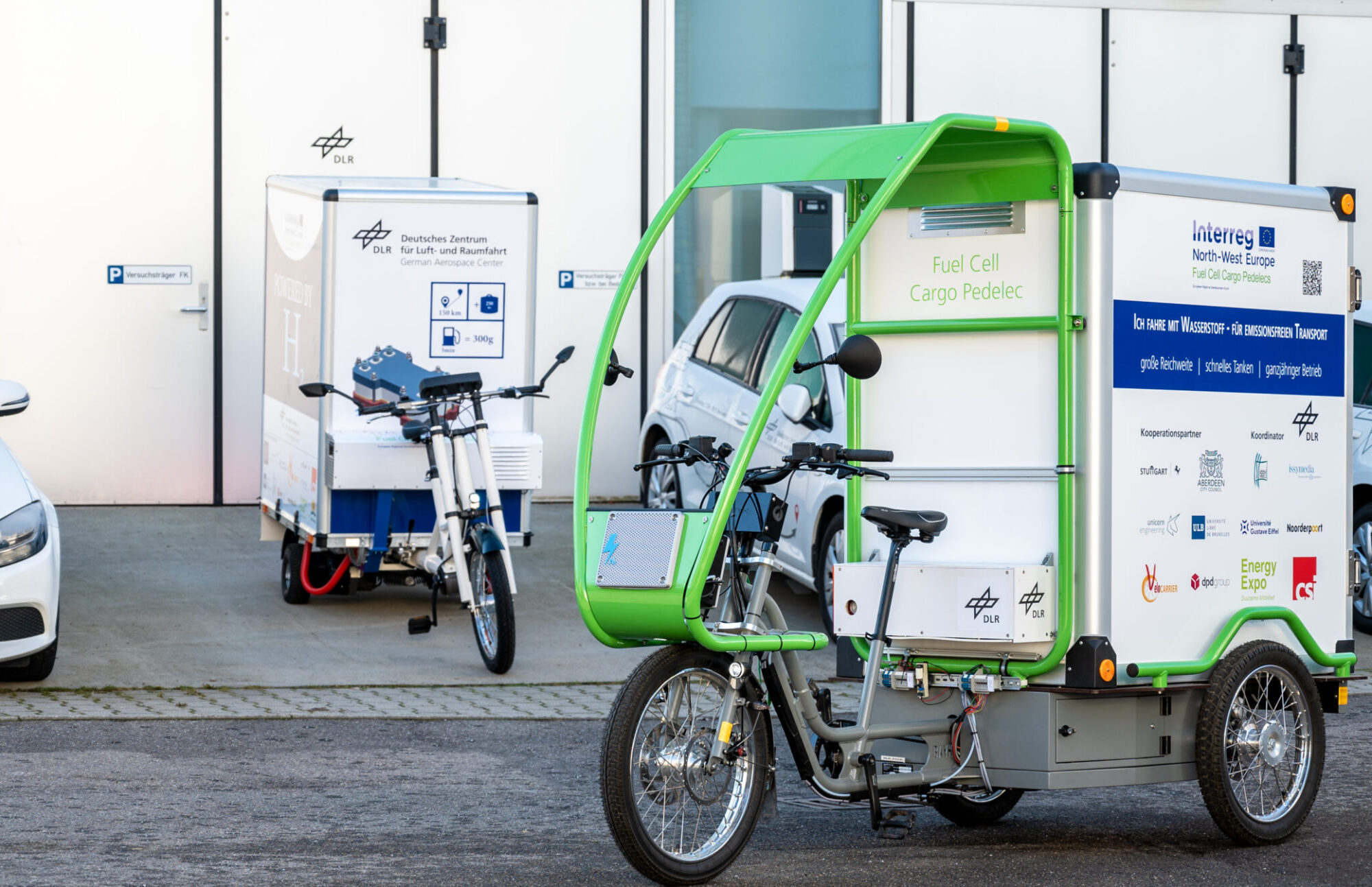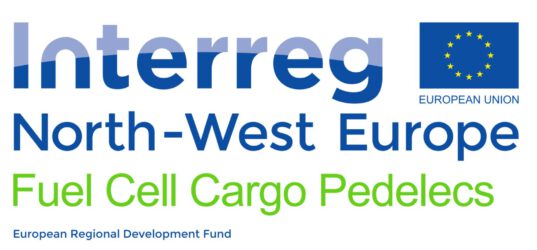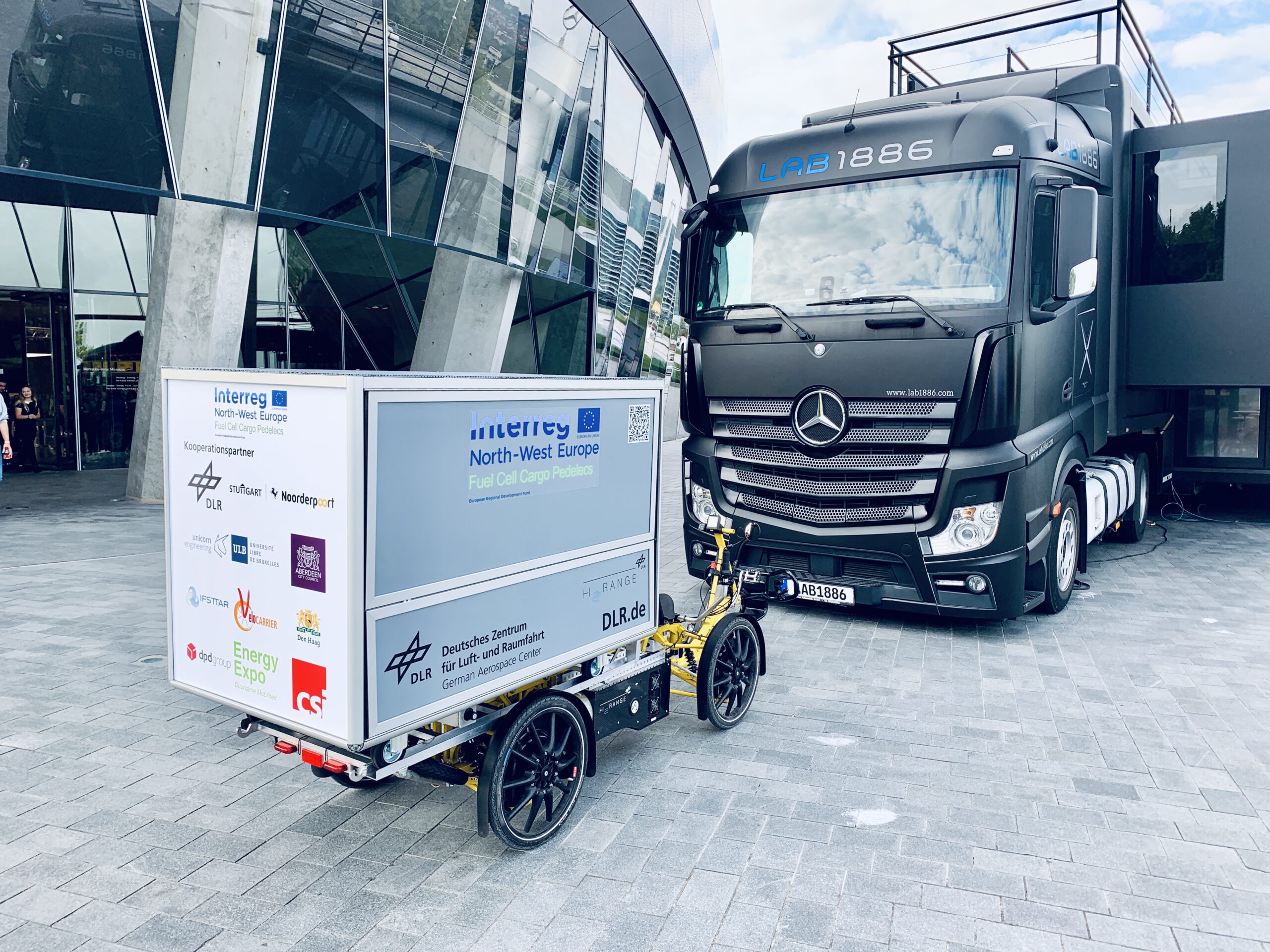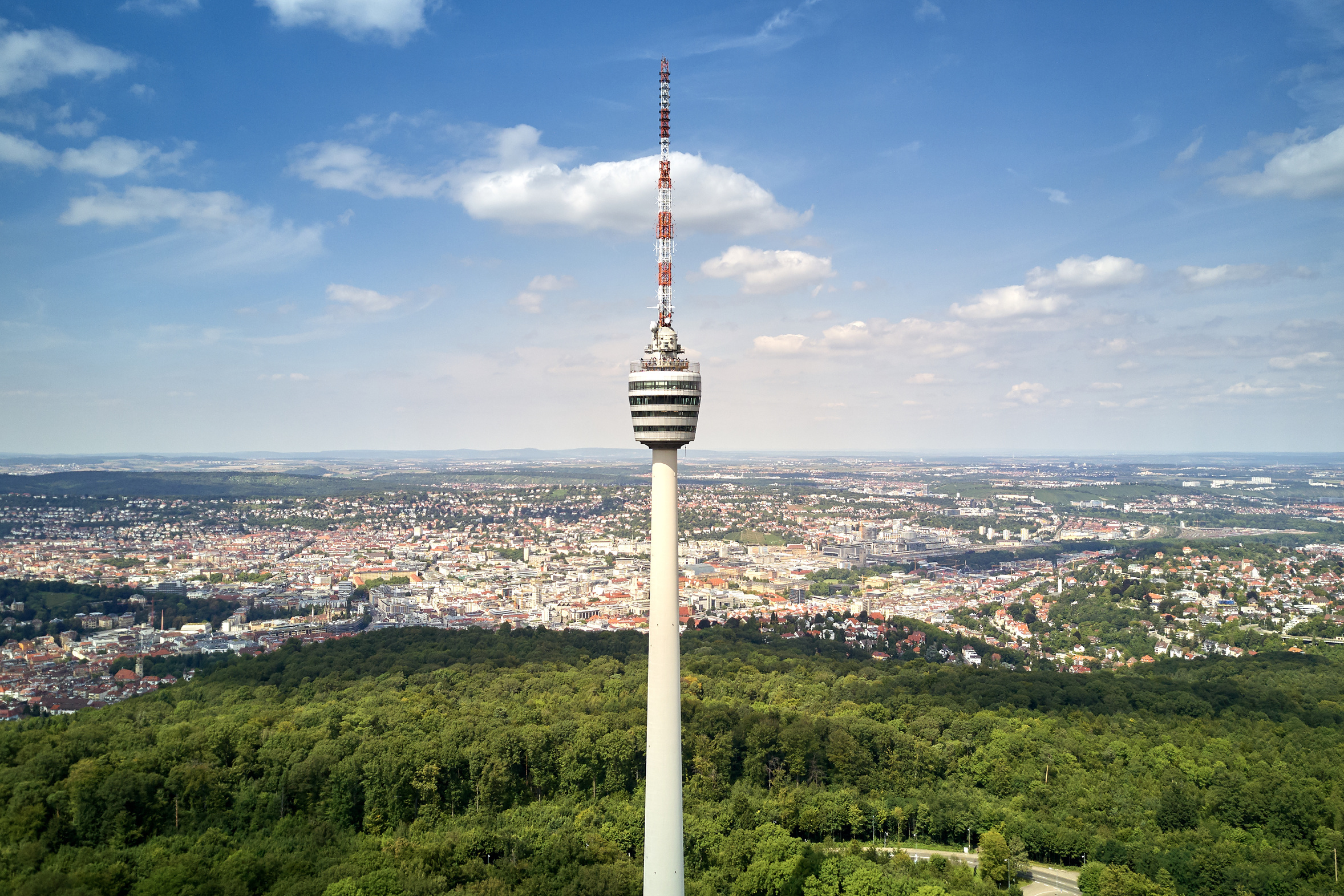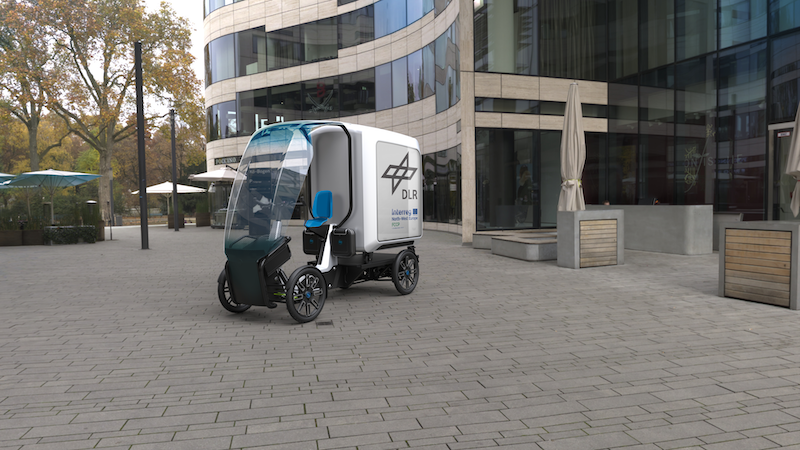Interreg as European network
Get to know our five participating cities.
- Aberdeen
- Stuttgart
- Groningen
- Issy – les – Moulineaux
- Schwäbisch Gmünd
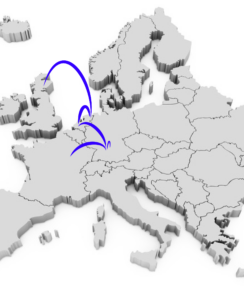
City of Aberdeen
Aberdeen is Scotland’s third biggest City, it is in the North East coast of the Country. The City is often referred to as the Granite City or the silver city due to the stone in which most of the buildings are constructed. The region is well-known for its expertise in North Sea oil and gas, however it is quickly becoming a world leader in renewables as well with a significant amount of onshore and off-shore wind turbines and a leading position in the hydrogen sector.
Aberdeen City Council are continuing on their journey to make the City a centre of excellence for hydrogen and rapidly expanding the use of the alternative fuel in fleet vehicles and public transport. With two publicly accessible hydrogen refuelling station already, Aberdeen is now seeking to develop a commercial supply of green hydrogen as part of the Aberdeen Hydrogen Hub. The Council are involved in the FCCP project to deploy yet another hydrogen-based transport solution for the City. The City will be deploying 6 bikes to local partners to help with last mile delivery.
.
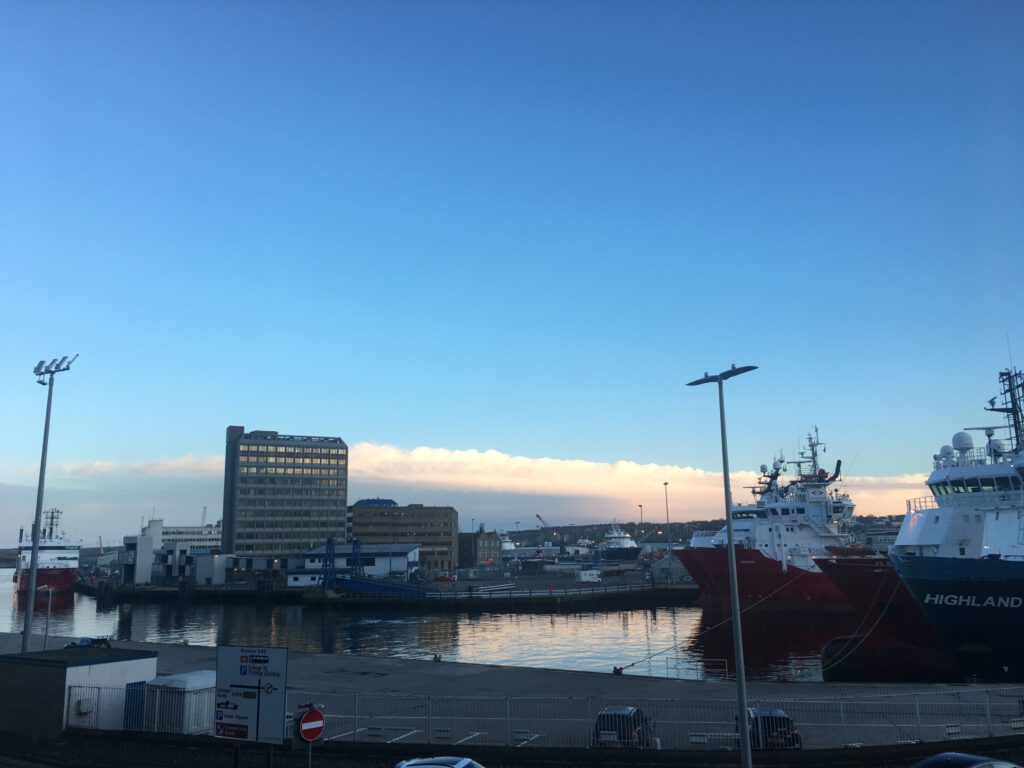
City of Stuttgart
Stuttgart is the capital of the Federal State of Baden-Württemberg and forms with around 600,000 inhabitants the centre of the Stuttgart Region, which has in total 2.7 million inhabitants and employs 1 million people. Europe’s strongest region in terms of exports supports its strength through the automotive and mechanical engineering sectors.
Presenting mobility
Stuttgart is modern, international, urban, cosmopolitan, and well known for its innovations. The city is well acquainted with all its transport-related challenges, which result from high mobility demand of both citizens and the economy, but also with solutions for urban mobility aiming to increase the quality of life and to reduce the negative impact of traffic on the environment. Today, Stuttgart boasts an excellent local public transport system that offers high transport standards and which is embedded in the regional public transport system. Due to its topography, the city has problems with air quality which are being tackled by the municipality through major efforts. Measures involve clean air and noise reduction programmes including limited access zones, traffic calming zones, speed reduction on main roads, parking management, public transport priority schemes and traffic management amongst others. To further reduce traffic congestion various incentives are being implemented, such as park and ride stations, corporate mobility management assessment and additional offers in public transport.
International perspective
On the international level, the City of Stuttgart coordinates the global network Cities for Mobility and participates in several European networks and programs. Stuttgart decided to join the FCCP Project in order to test the use of fuel cell driven cargo-bikes within technical departments of the municipality. The main objective is to find out during these pilots if the fuel cell technology helps to improve the transport offer for official works and the performance of some technical facilities (such as the Forest Department and the Main Sewage Plant of Mühlhausen). The experiences and knowledge gathered will be presented to the City Council and transferred to other technical departments of Stuttgart Municipality as well as to logistic companies in the city and its region.
Issy-les-Moulineaux
For more than 20 years, Issy-les-Moulineaux, a vibrant city of the Greater Paris, where solidarity is a reality, has demonstrated its dynamism and audacity through its innovative and ambitious choices, in the area of Smart Cities. Located near important economic centres and well connected to them by public transport, the city offers to contractors a work environment matching their expectations and their projects.
History
Concerned about the well-being and prosperity of its inhabitants, Issy has put forward since 1991 a long-term positive vision of an Environment offering a better quality of life by adopting a Municipal Environment Plan. Issy-les-Moulineaux, through Issy Média, decided to join the project to develop new ways of mobiility using hydrogen as a method to fight against the air pollution and the road traffic in the City. This project is highly interesting by discovering new ways to strengthen the last mile delivery with zero emissions.
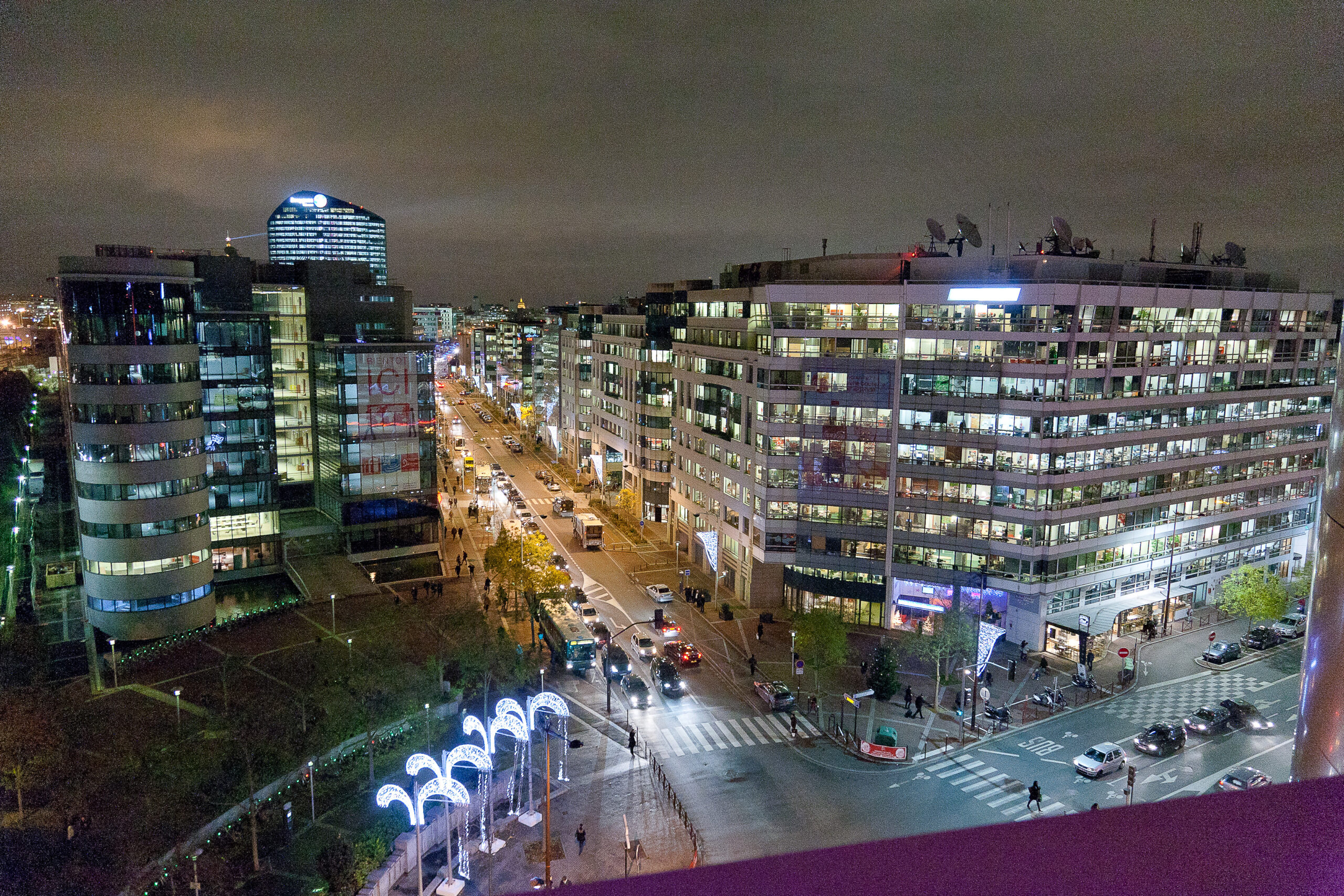
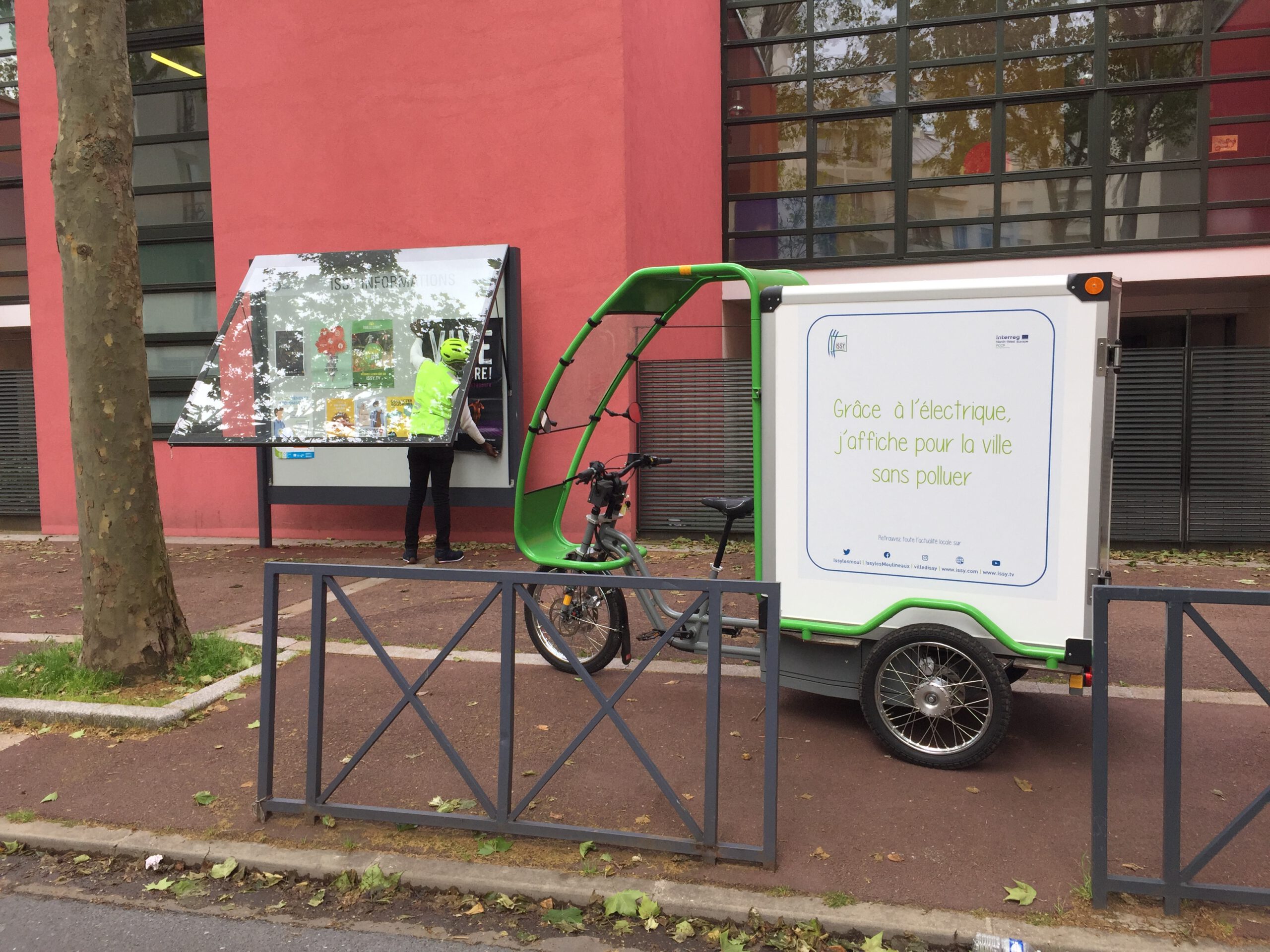
City Groningen
Less trucks and delivery vans = more space for you!
More space for cyclists and pedestrians in the Groningen city center. In a clean environment, without the emission of harmful exhaust gases.
That is what the municipality of Groningen wants to achieve in the “Space for You” approach to the city center. That is urgently needed because too often vans block sidewalks or even streets when loading and unloading. Or trucks in narrow streets, which create unsafe traffic situations for pedestrians and cyclists. And what about the noise nuisance and polluting emissions in our city center? This can be done in a cleaner, smarter way and, above all, with fewer trucks and delivery vans.
“Room for Zero Emission City Logistics” describes how we are working towards 1 January 2025. From that date, delivery in the old city center will only be done with clean freight and delivery traffic. That means: no more trucks, vans or delivery vans on petrol or diesel, but powered by, e.g., electricity, hydrogen or muscle power. In 2022, the same window times for loading and unloading will already apply throughout this area: daily between 5 a.m. and 12 noon. Then, every entrepreneur in the city center has to deal with the same rules. Fair and clear.
Entrepreneurs, transporters, residents and the municipality need each other. Together we have developed a number of experiments. Trials are underway at the edges of the (inner) city large and small “logistics hubs”. Different carriers deliver their orders here. These are bundled and go with (electric / hydrogen) cargo bikes to residents and retailers in the city center, for example.
In 2019, Groningen was the host city of the International Cargo Bike Festival to stimulate the use of cargo bikes.
In a shopping street, together with entrepreneurs, transporters, the University of Groningen and the Ministry of Infrastructure & Water Management, we are investigating what is needed for this street to function properly as a “emission-free street”. We will continue to support these and other initiatives in the coming years.
With this ambitious and progressive vision we are working towards a clean and emission-free city center of Groningen!
